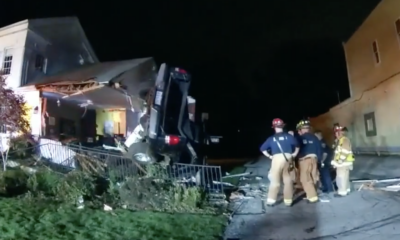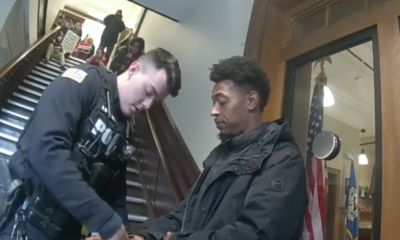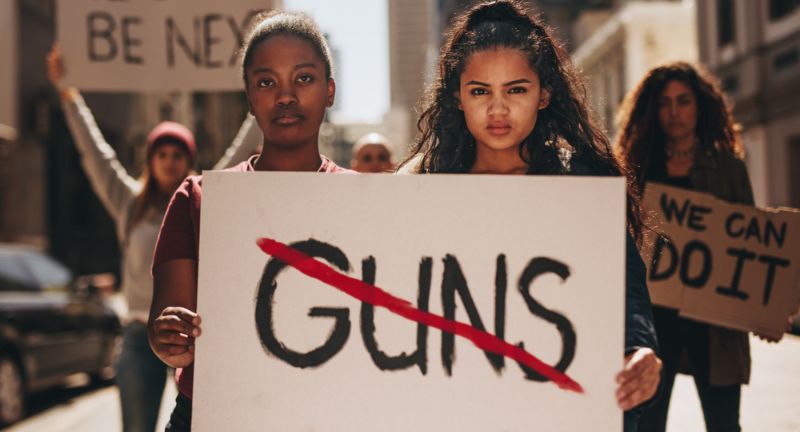
Shutterstock
Guns aren’t just the preserve of the right; they’re the misunderstood children of American liberty, often scapegoated in the court of public opinion. Liberals, with their well-meaning but misplaced advocacy, often miss the target on the real issues surrounding firearms. Here are 15 reasons why the liberal perspective on guns might be shooting blanks, challenging the echo chamber with facts, not fear.
Constitutional Right
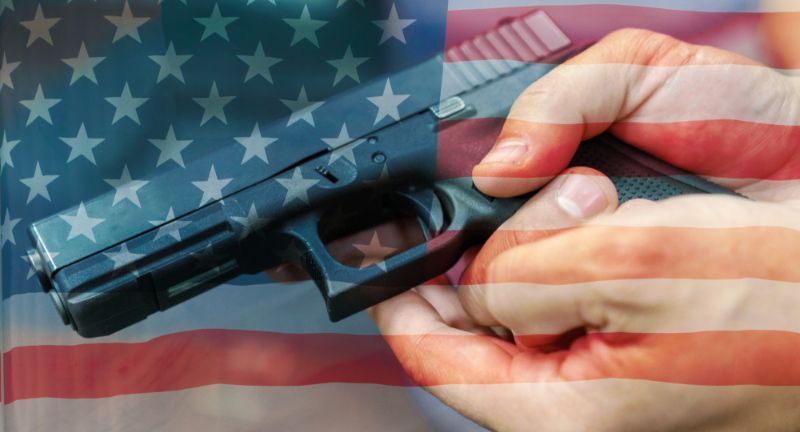
Shutterstock
The Second Amendment to the United States Constitution guarantees individuals the right to keep and bear arms. Advocates argue that this right is fundamental and protects citizens’ ability to defend themselves, their families, and their property. They contend that any infringement upon this right undermines a core principle upon which the United States was founded. Furthermore, they assert that the Founding Fathers intended this amendment to allow citizens to protect themselves from tyranny.
Self-Defense
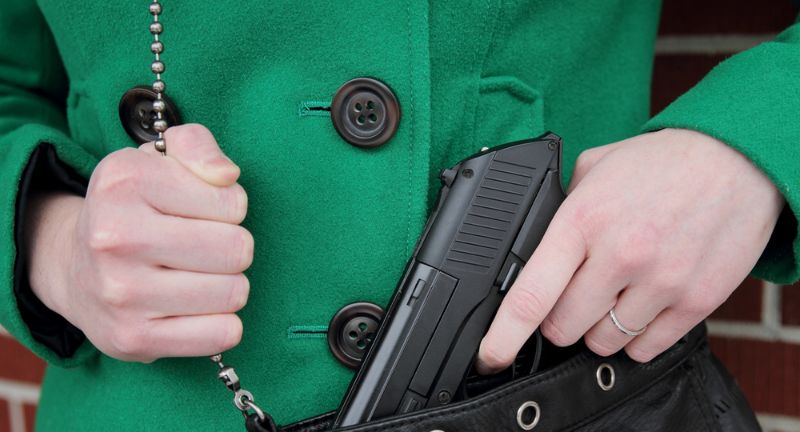
Shutterstock
Self-defense is often cited as a primary reason for gun ownership. Supporters argue that guns provide a necessary means for individuals to protect themselves from crime and violence. Statistics are frequently referenced to suggest that areas with higher rates of gun ownership have lower crime rates, although these correlations are hotly debated. Proponents maintain that denying citizens the means to defend themselves infringes upon their personal safety and freedom.
Ineffectiveness of Gun Control Laws
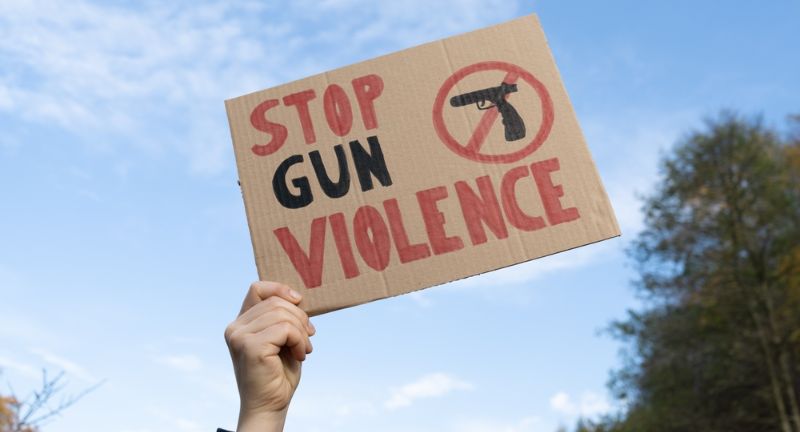
Shutterstock
Critics of gun control often argue that laws aimed at restricting gun ownership do not effectively reduce crime. They point out that criminals do not obey laws, including gun control regulations, rendering such measures ineffective at best and counterproductive at worst. The argument is that gun control laws disarm law-abiding citizens, leaving them more vulnerable to criminals who obtain weapons illegally. Moreover, they suggest that focusing on the root causes of crime, such as poverty and education, is a more effective approach.
Deterrence to Tyranny
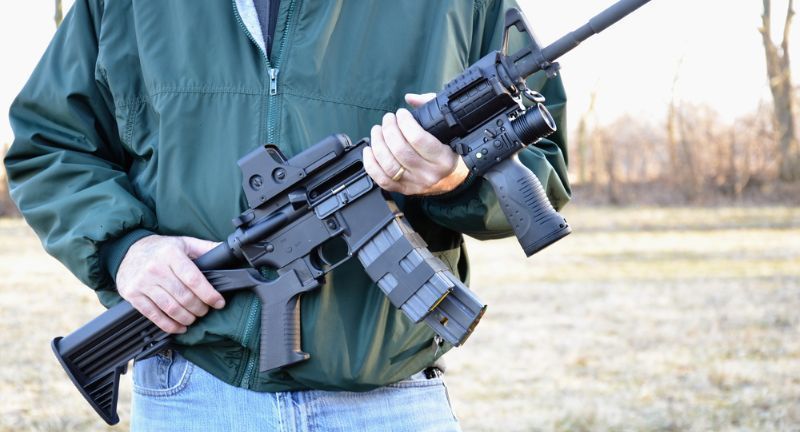
Shutterstock
The possibility of government tyranny is a concern for some gun rights advocates. They argue that an armed populace serves as a check on government overreach and potential tyranny. Historical examples where disarmament preceded oppression are often cited to support this point. This perspective holds that maintaining the balance of power between the state and the individual is crucial for a free society.
Hunting and Recreation
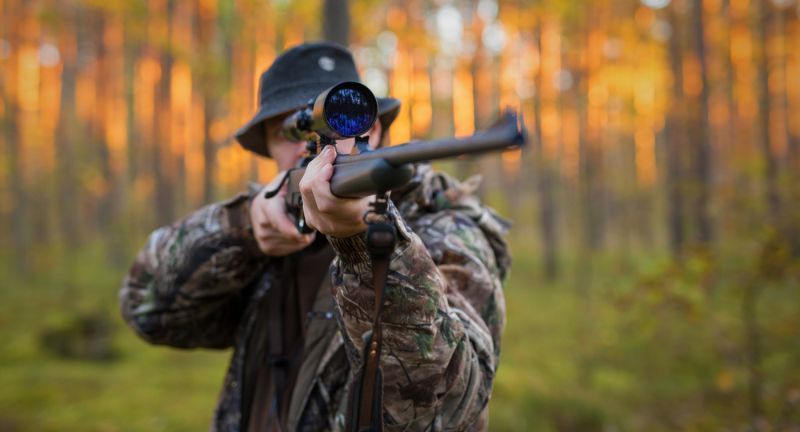
Shutterstock
Hunting and recreational shooting are long-standing traditions for many families and communities. Supporters of gun rights argue that these activities are not only cultural but also contribute to wildlife management and conservation efforts. They contend that responsible gun ownership and use are integral to these traditions and that restrictive gun laws would negatively impact them. Additionally, the economic benefits provided by hunting and shooting sports are emphasized as reasons to support gun rights.
Crime Rates and Gun Ownership
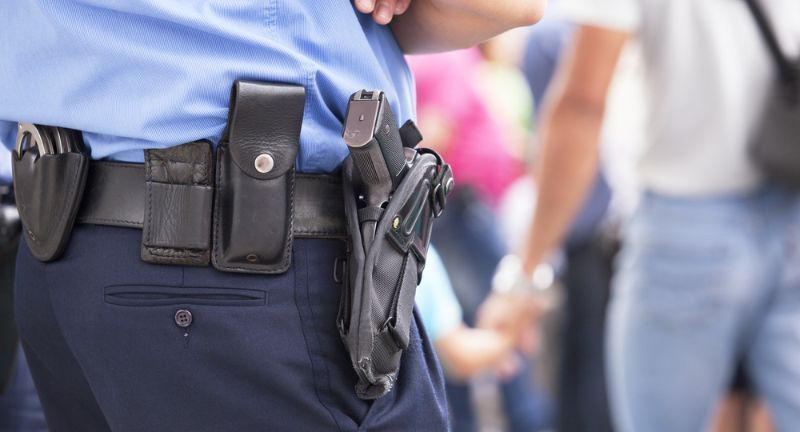
Shutterstock
Some argue that there is no clear, consistent correlation between gun ownership rates and crime rates. They point to examples of areas with high gun ownership and low crime rates, suggesting that responsible gun ownership can coexist with public safety. Critics of restrictive gun laws argue that focusing on the behavior of criminals rather than penalizing law-abiding citizens is key to reducing crime. They advocate for measures that target illegal gun use and trafficking rather than imposing broad restrictions on all gun owners.
Failure of Gun-Free Zones
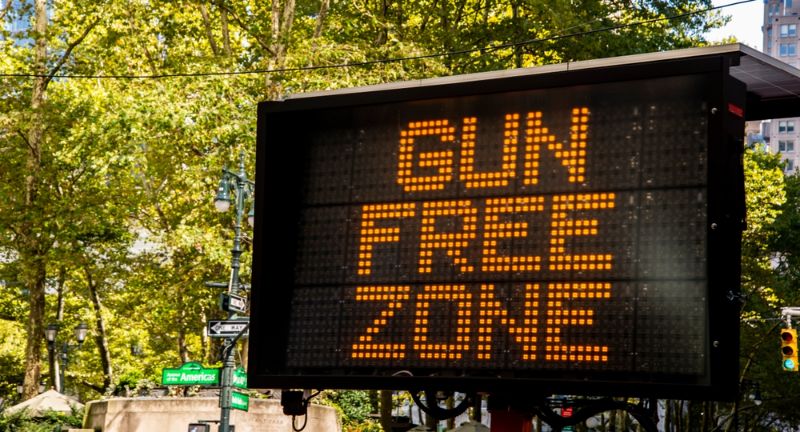
Shutterstock
Gun rights advocates often criticize gun-free zones, arguing that they fail to deter criminals and instead create vulnerable targets. They contend that these zones effectively signal to criminals that occupants are unarmed and defenseless, potentially increasing the likelihood of violent incidents. The argument is made that allowing law-abiding citizens to carry firearms in more places could deter crime and enhance public safety. This perspective suggests that policies should focus on empowering citizens rather than restricting them.
Right to Personal Safety
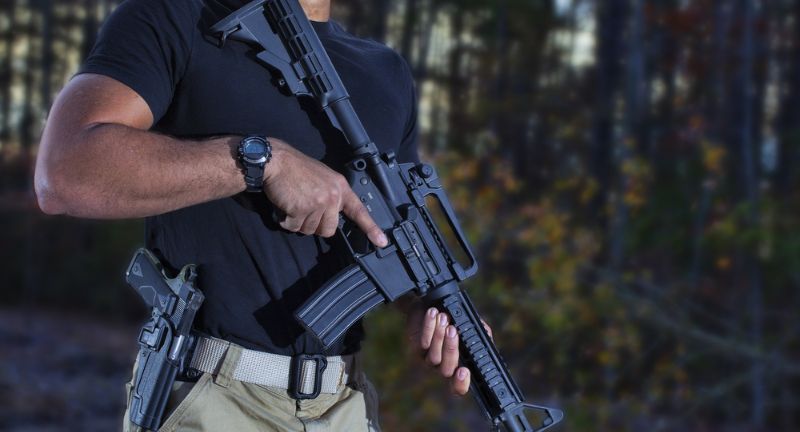
Shutterstock
The right to personal safety is viewed as paramount, and firearms are seen as a tool to secure that right. Advocates argue that in situations where law enforcement cannot arrive in time to prevent a crime, having access to a firearm can make the difference between life and death. They stress the importance of the individual’s right to choose the most effective means of protection. This viewpoint emphasizes personal responsibility and the inherent right to defend one’s life and liberty.
Impact on Rural Communities

Shutterstock
In rural areas, where law enforcement response times can be significantly longer, guns are seen as especially critical for protection. Residents of these areas often rely on firearms for defense against both human threats and wildlife. Rural communities also have a strong tradition of hunting and recreational shooting, which would be adversely affected by restrictive gun laws. Advocates argue that policies should consider the diverse needs and circumstances of different communities.
Educational and Safety Programs
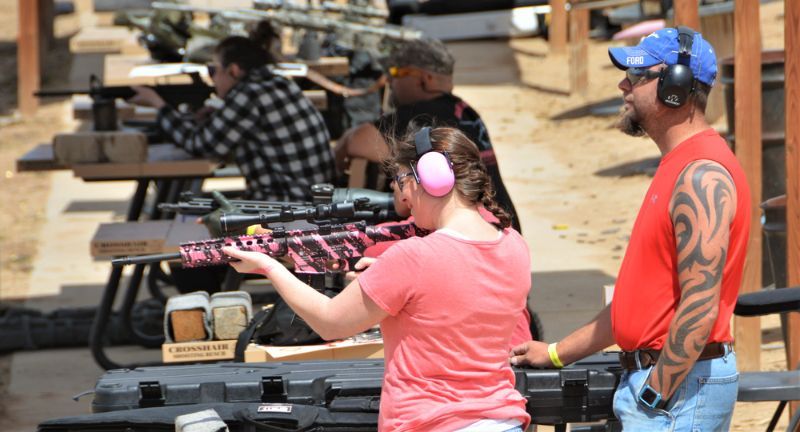
Shutterstock
Proponents of gun rights emphasize the importance of education and training in promoting safe gun ownership. They advocate for programs that teach gun safety, responsible handling, and storage practices, arguing that education is key to preventing accidents and misuse. These initiatives are seen as more effective than restrictive laws at promoting safety and responsibility among gun owners. By focusing on education and training, individuals are empowered to make informed decisions about firearms, significantly reducing the risks of accidents and enhancing public safety.
Mental Health, Not Guns

Shutterstock
Many gun rights advocates argue that the focus of the debate on gun violence should be on mental health rather than firearms themselves. They suggest that better mental health care and services could prevent individuals who are a danger to themselves or others from accessing firearms. The argument is that effective mental health support and intervention strategies can address the root causes of violence, making communities safer without restricting the rights of law-abiding citizens. This perspective emphasizes the need for a comprehensive approach to violence prevention that includes, but is not limited to, considerations of gun access.
Comparison with Other Tools and Technologies
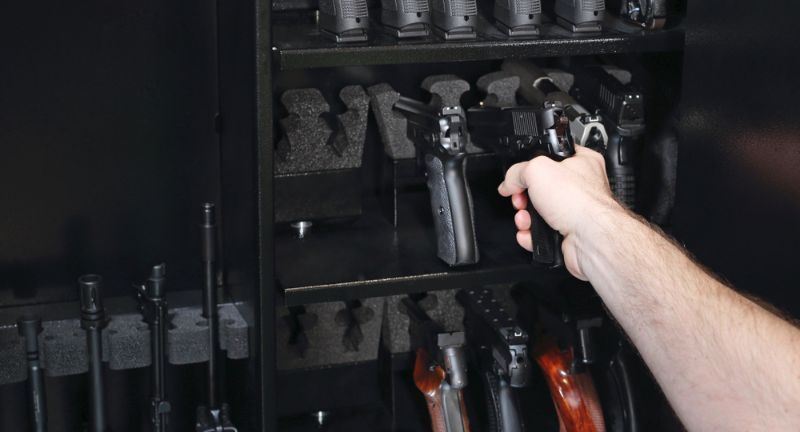
Shutterstock
Advocates for gun rights often point out that many objects can be used as weapons, not just firearms. They argue that focusing solely on guns ignores the broader issue of violence and its causes. The comparison with cars, knives, and other everyday items is used to highlight that the intent and actions of individuals are the critical factors in violence, not the tools used. This argument suggests that efforts to reduce violence should be comprehensive and address behavioral issues rather than imposing restrictions on specific items.
Cultural Significance
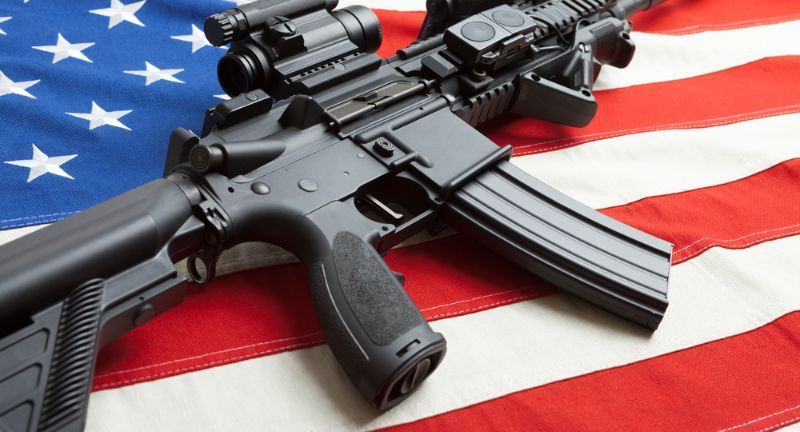
Shutterstock
Firearms have significant cultural and historical importance in many societies, especially in the United States, where they are intertwined with the nation’s history of independence and frontier living. Gun rights advocates argue that responsible gun ownership is an integral part of this heritage and contributes to the American identity. They emphasize the importance of preserving this aspect of cultural heritage, including practices such as hunting and recreational shooting, as a link to past generations and as a way to teach responsibility and respect for firearms. This view holds that understanding and respecting the cultural role of guns can contribute to a more informed and balanced discussion about gun rights and responsibilities.
Global Perspectives on Gun Ownership
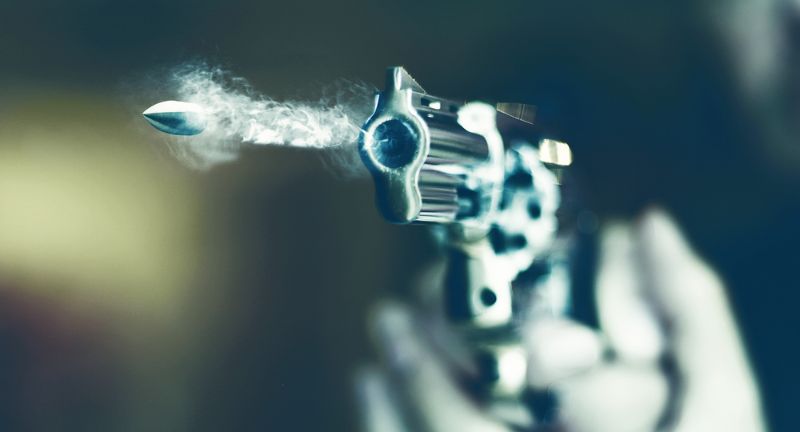
Shutterstock
Critics of restrictive gun laws often cite the diversity of global attitudes towards gun ownership to argue against one-size-fits-all solutions. They note that countries with strict gun control laws do not always have lower rates of violent crime, suggesting that cultural, social, and economic factors play significant roles in influencing violence. This perspective argues for a nuanced approach to gun policy that considers the unique circumstances of each country rather than adopting measures based on foreign models that may not be applicable or effective elsewhere. It underscores the importance of developing policies that address specific national and local contexts.
Empowerment of Vulnerable Populations
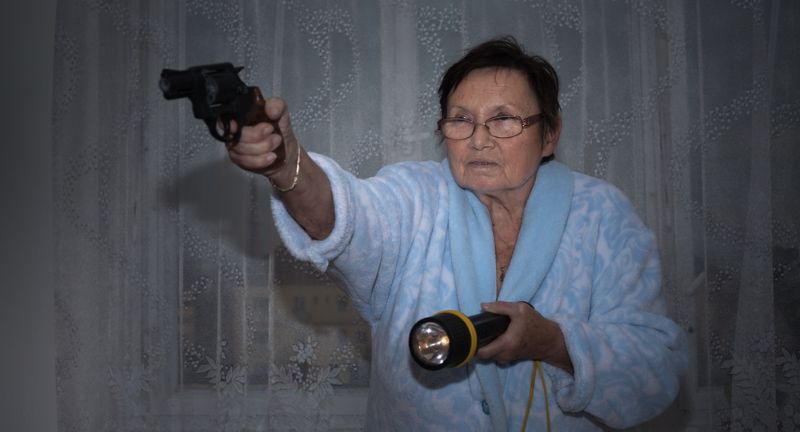
Shutterstock
For some, gun ownership is a critical equalizer that empowers vulnerable populations, including women, the elderly, and people with disabilities, by providing a means of self-defense. Advocates argue that firearms can offer a sense of security and independence to those who might feel at risk or vulnerable. They point to instances where individuals have successfully defended themselves from assault or home invasion, emphasizing that the right to self-defense is universal and should not be compromised by restrictive gun laws. This argument stresses the importance of ensuring that all citizens have the means to protect themselves, asserting that self-defense is a fundamental human right that transcends physical strength or capability.
Conclusion
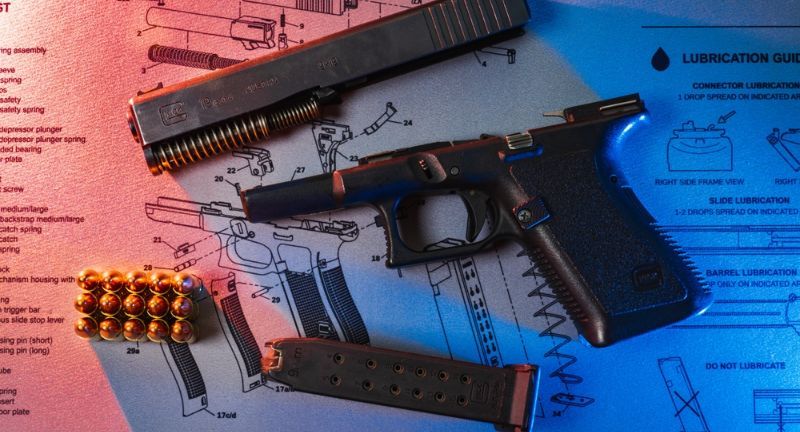
Shutterstock
In the crosshairs of heated debates and passionate pleas, the essence of gun rights and responsibilities often gets lost in translation. As we’ve navigated through the 15 reasons challenging liberal views on firearms, it becomes clear that the issue isn’t black and white—there are shades of gray that demand a more nuanced understanding.
Bridging the divide requires not just a reevaluation of facts but an open dialogue grounded in mutual respect and the recognition of shared values. Perhaps then, we can move towards a future where the right to bear arms coexists with the collective pursuit of safety and peace.
























